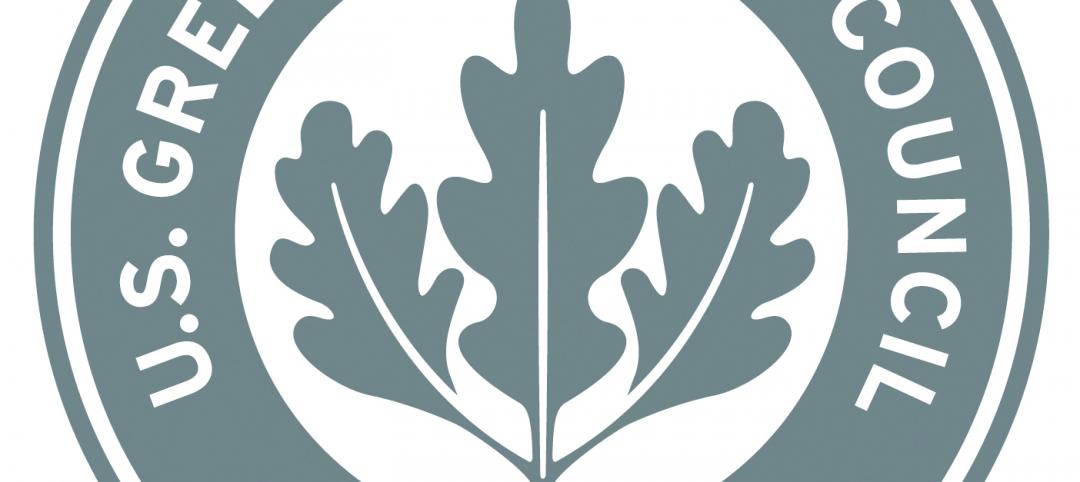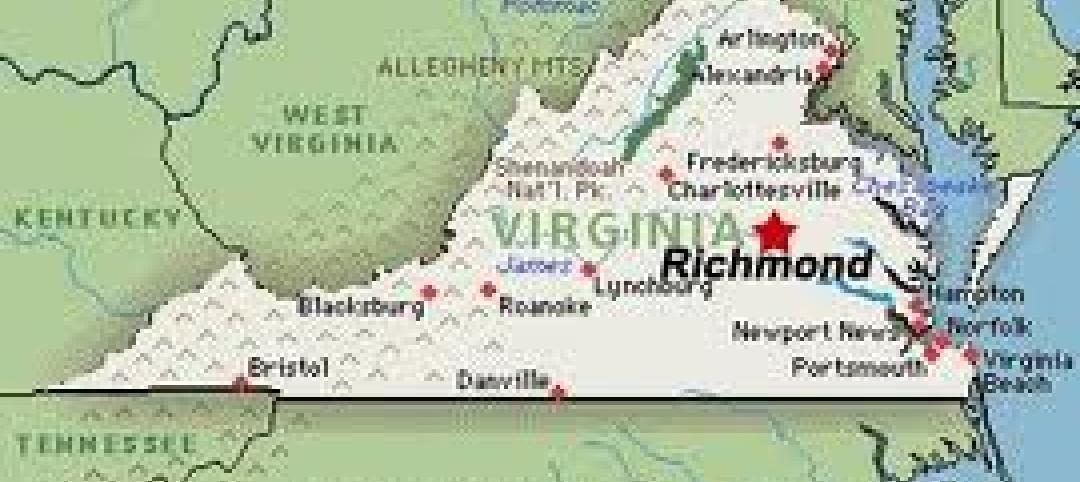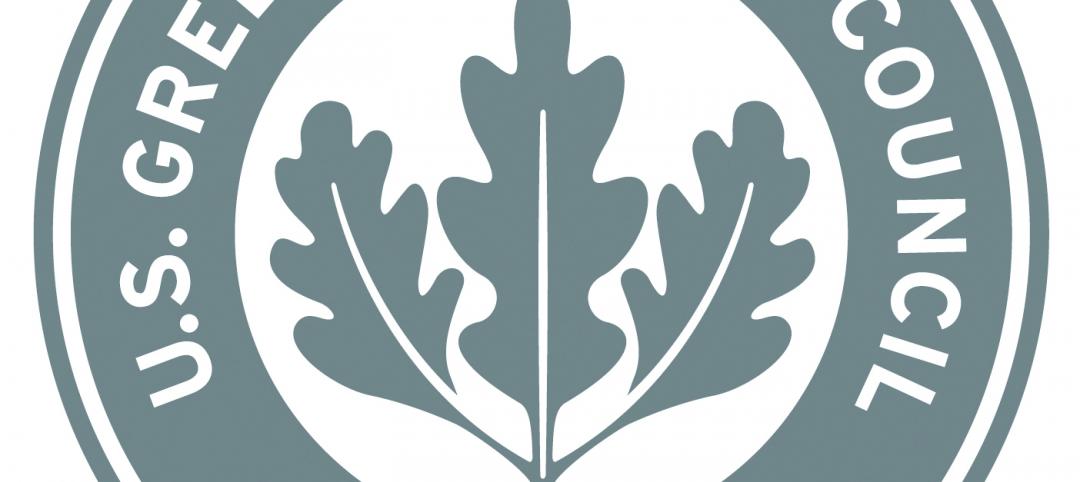Building codes and utility mandates have propelled California and Massachusetts to national leadership on energy efficiency, according to the American Council For an Energy-Efficient Economy's recent state rankings.
Both states improved their overall scores from last year. Massachusetts scored 19.5 out of 20 in utility policy, while perfect scores for appliance efficiency standards and transportation policy helped California tie the Bay State.
California had a notable increase in electricity savings largely due to policies designed to ramp up energy efficiency programs, the ACEEE report says. Two recent programs, funding of energy efficiency projects in schools, and a recently implemented cap-and-trade program under the California Global Warming Solutions Act of 2006, contributed to the state’s performance.
Massachusetts increased its electricity efficiency targets to almost 3%, and adopted the newest International Energy Conservation Code and ASHRAE standards as part of the state’s newest building energy codes. Massachusetts' Green Communities Act of 2008 continues to drive much of the state's savings, ACEEE said, spurring additional investment in energy efficiency programs by requiring utilities to save a large and growing percentage of energy every year through efficiency measures.
Related Stories
| Feb 23, 2012
Federal budget cuts put major building projects on hold
A plan to build the National Bio and Agro-Defense Facility in Kansas is among several major building projects in jeopardy after the Obama administration’s 2013 budget was unveiled. The budget would cut all construction spending for the facility.
| Feb 23, 2012
Federal agencies fixed on leasing LEED-certified space
The federal government is especially focused on renting LEED-certified spaces.
| Feb 23, 2012
Regulators investigating construction accident at World Trade Center
The New York Port Authority and the city’s fire and building departments are investigating an accident at the World Trade Center construction site in lower Manhattan after a crane dropped steel beams that fell about 40 stories onto the truck that delivered them.
| Feb 23, 2012
New Virginia statewide building code goes into effect March 1
After March 1, all building plans in Virginia must adhere to the 2009 code that was adopted a year ago.
| Feb 23, 2012
Privatizing flood insurance could lead to new code requirements
One thing that could pave the way toward private flood insurance would be NFIP reforms, like requiring new construction in flood-prone areas to be elevated.
| Feb 22, 2012
ACI BIM manual for cast-in-place concrete in development
The improved communication, coordination, and collaboration afforded by BIM implementation have already been shown to save time and money in projects.
| Feb 20, 2012
Comment period for update to USGBC's LEED Green Building Program now open
This third draft of LEED has been refined to address technical stringency and rigor, measurement and performance tools, and an enhanced user experience.
| Feb 20, 2012
GAF introduces web portal for architects and specifiers
The new portal offers a clean look with minimal clutter to make it easier to find the technical information and product data that architects need.















